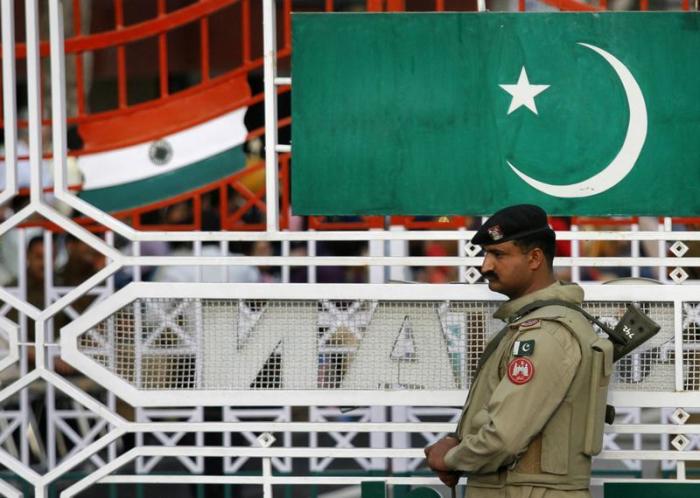Pakistani Christian Accused of Blasphemy Dies Before He Can Clear His Name

A 70-year-old Christian man in Pakistan, who had been falsely accused of "blasphemy" and was out on a bail, suddenly died. His family now finds itself even more vulnerable to attacks as they will find it more difficult to prove his innocence.
Mukhtar Masih died Thursday at Bagh Christian Hospital in Mansehra in Khyber Pakhtunkhwa Province, where he was taken after he complained of a pain in the abdomen, according to the British Pakistani Christian Association, which also reported that he died of gastro-intestinal bleeding as per the autopsy report.
"We were extremely confident that Mukhtar would be exonerated and that his reputation would once again become unsullied, said Mehwish Bhatti, lead officer for the BPCA in Pakistan. "His distraught family have expressed great disappointment that Mukhtar Masih died with charges of blasphemy over his head. We are challenging our local MP's (members of parliament) to call for a posthumous exoneration for a man who did not commit any crime. Mukhtar's only offence was the hurt he apparently caused to Muslims for adhering to the Christian faith."
Masih was arrested in January after a letter containing blasphemous messages was pinned to the door of a local mosque in the Lambanwali village near Gujranwala in Punjab Province. Mukhtar pleaded innocence and urged that the writing in the letter be examined, but police refused to listen.
However, a court released Masih on bail in May.
"The release of Mukhtar Masih on bail at this early stage is a very positive sign," BPCA Chairman Wilson Chowdhry said at the time. "The granting of bail suggests that the court believes there is hope for a successful appeal."
Chowdhry added, "The government recently pardoned a 20-year-old Muslim woman from terrorism charges, after a public outcry for her release, despite being caught attempting to blow up a Christian church on Easter Sunday. There is no hue and cry for Mukhtar's release which may explain the insouciance of the current regime, which only cements perceptions that Christians are anathema in Pakistan."
Pakistan's notorious blasphemy laws are embedded in Sections 295 and 298 of the country's Penal Code. The laws carry the death penalty with no provision to punish a false accuser or a false witness of blasphemy. Allegations of blasphemy often stem from the Muslim accuser's desire to take revenge and to settle petty, personal disputes, according to Christian groups working in the country.
A Pakistani court last month sentenced a Christian man to death after he was accused of texting a blasphemous poem to a Muslim friend through WhatsApp.
In March, the Washington, D.C.-based Religious Freedom Institute and the Center on Faith & International Affairs at the Institute for Global Engagement held a briefing on Capitol Hill for congressional staffers in which they rolled out a new policy brief titled "U.S. Foreign Policy and International Religious Freedom: Recommendations for the Trump Administration and the U.S. Congress."
The brief asserted that the president should "state clearly" to the world that religious freedom is "vital" to U.S. interests and the interests of all nations, "especially those in which religious violence and persecution are destroying societies, uprooting minorities and stunting economic growth."
The brief called on the president to publicly assert that international religious freedom policies will be expanded under his administration and that human rights issues will be "raised regularly" in bilateral discussions, even in discussions with U.S. allies, including Pakistan.





























